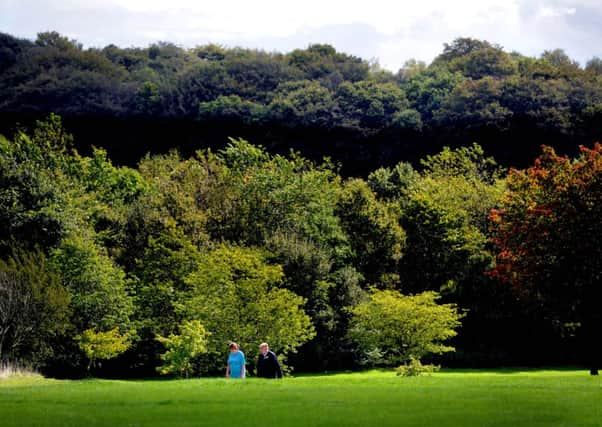Temperatures may be set to rise, but no sign of ‘Indian summer’


Forecasters predict sunshine will bathe large parts of the UK over the next few days, and although Yorkshire isn’t set to see the dizzy highs expected in the South and West, where temperatures could reach 26C, large parts of the region, including York, Leeds and Sheffield, could see highs of 20C on Thursday.
This is considerably warmer than the mid-September average of around 17C, the Met Office said.
Advertisement
Hide AdAdvertisement
Hide AdThe warm spell comes after a poor summer, with August being the coldest since 1993, with a mean temperature of just 13.9C, and the wettest since 2004.
The unusual warmth is down to an area of high pressure over the UK moving slowly towards Scandinavia throughout the week, bringing low pressure towards southern parts of Britain.
While this will bring some heavy showers - along with cloud from the North Sea that will keep some eastern parts cooler - the low pressure will also drag in warm winds from the Mediterranean Sea and France.
But it won’t mean “wall-to-wall sunshine” said Met Office meteorologist Mark Wilson, with a risk of some showers and temperatures cooling over the weekend.
Advertisement
Hide AdAdvertisement
Hide AdBut the abnormally high temperatures will not constitute an “Indian summer”, Mr Wilson said. The Met Office defines an Indian summer as “a warm, calm spell of weather occurring in autumn”, usually occurring after the first frost of the year.